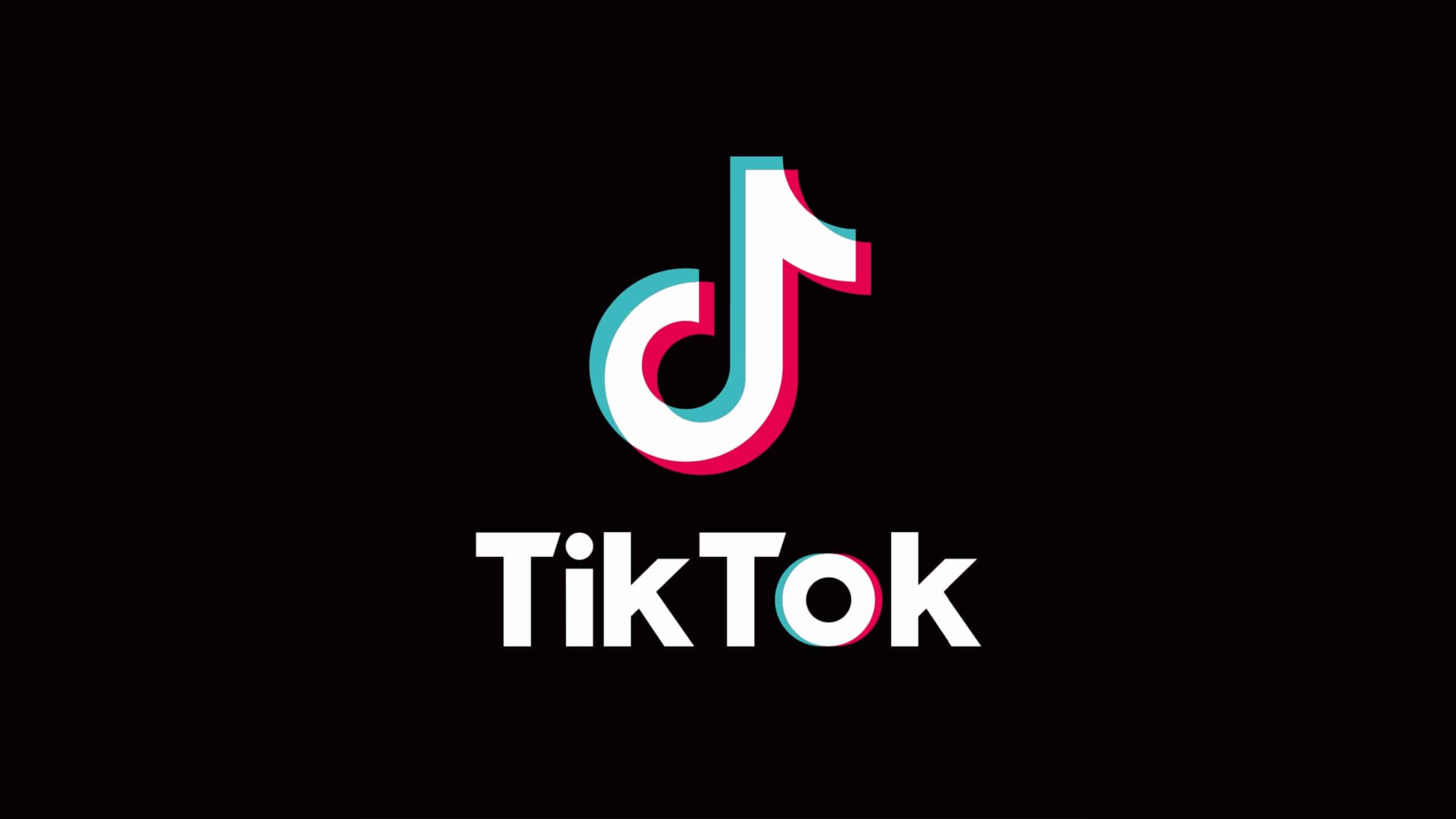- Robinhood Social enables manual trade replication with verified traders.
- Regulatory changes make U.S. copy trading more feasible.
- Initial beta invites 10,000 users, signaling broader market potential.
Robinhood, once cautious about regulatory scrutiny, is now diving into the copy trading market with its upcoming Robinhood Social platform. This bold move signals a significant shift for the online brokerage, which historically avoided features that could be viewed as gamifying trading.
Robinhood’s Regulatory Reversal
Nine months ago, Robinhood CEO Vlad Tenev suggested that smaller copy trading platforms operated under the radar of regulators. Today, the company is embracing copy trading, citing a regulatory environment that may now allow safe entry. Unlike automatic copy trading platforms like eToro or Dub, Robinhood Social will require users to manually replicate trades, a strategy likely designed to address regulatory concerns while still providing the social trading experience.
How Robinhood Social Will Work
Scheduled for early 2026, Robinhood Social will feature verified traders and display trading activities of prominent investors, including members of Congress. Users will need identity verification and proof of actual portfolio positions, distinguishing it from informal social media trading signals. The platform will initially invite 10,000 users for beta testing before a broader rollout, ensuring compliance and refining the user experience.
A Growing Copy Trading Market
Copy trading has long thrived in Europe but faced heavy restrictions in the U.S. Recent developments, including Robinhood’s move and eToro’s strong IPO performance, indicate growing acceptance. Dub, a startup focused on risk-adjusted strategies, has highlighted the importance of education and portfolio stability—elements Robinhood Social may need to address to compete effectively.
Also Read: Dogecoin Rally at Risk? Whale Sends 155M DOGE to Robinhood
Robinhood’s foray into copy trading could open the floodgates for new fintech platforms in the U.S., but its impact on retail investors remains uncertain. While some may benefit from social trading insights, others may risk exposure without proper education. For now, Robinhood’s shareholders are poised to be the primary beneficiaries of this strategic pivot.
Disclaimer: The information in this article is for general purposes only and does not constitute financial advice. The author’s views are personal and may not reflect the views of CoinBrief.io. Before making any investment decisions, you should always conduct your own research. Coin Brief is not responsible for any financial losses.




